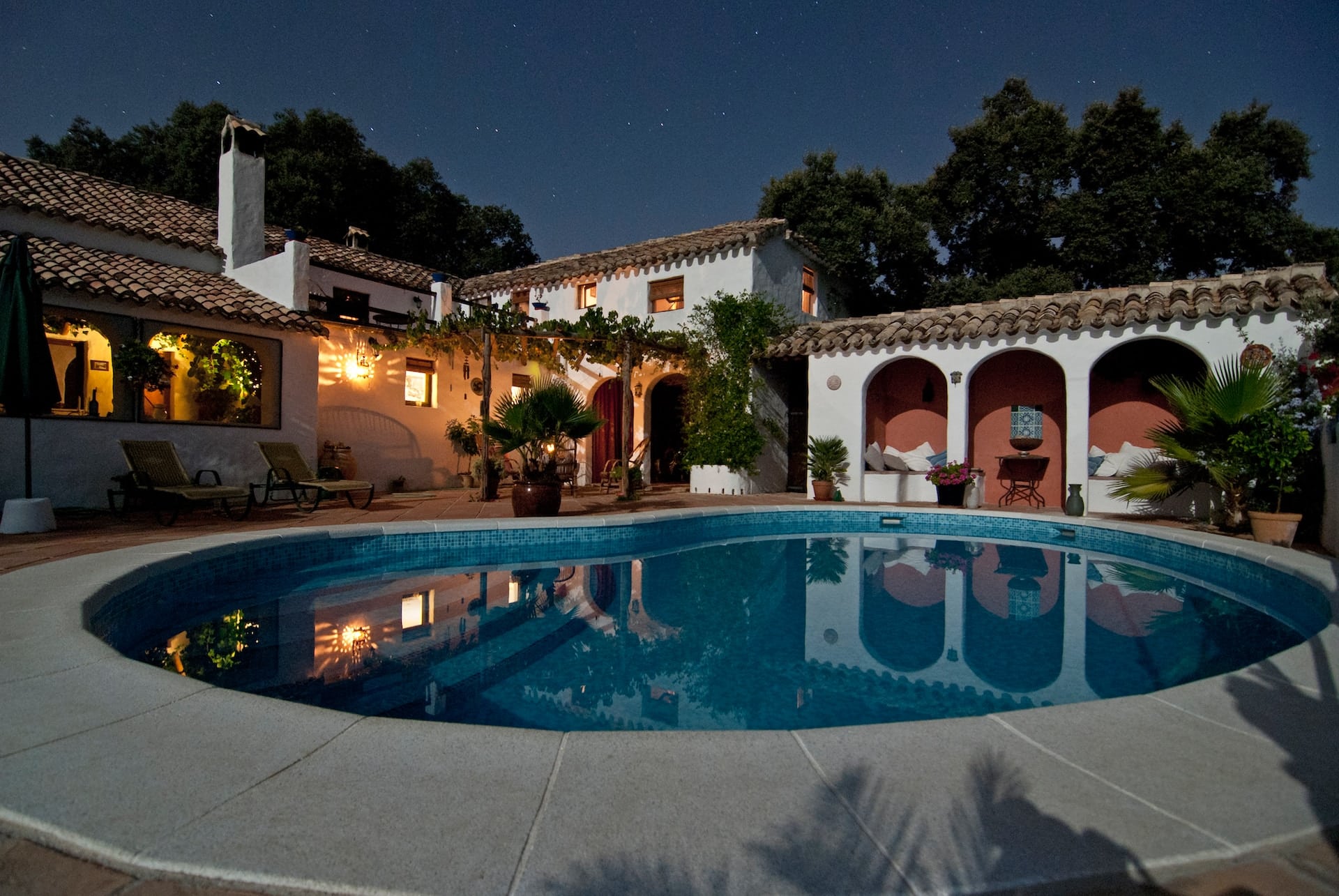The luxury residential real estate market has witnessed a significant transformation over the past few years. This transformation has been primarily driven by global changes, evolving buyer preferences, and unexpected global events such as the recent pandemic. This article will delve into the current trends that are shaping the future of luxury residential real estate, providing you with insights into what is driving the market. Below, we explore various aspects of these trends – from the shift in design preferences to the influence of interest rates and the changing profile of buyers.
The Impact of the Pandemic
No discussion about the current state of any market, let alone the luxury real estate market, would be complete without considering the impact of the pandemic. A global event of this magnitude has not only changed the way we live, work, and play, but it has also significantly influenced the residential property market.
A découvrir également : What strategies can maximize ROI in luxury real estate markets during economic downturns?
In the wake of the pandemic, the demand for high-end homes with spacious living areas and amenities such as home offices, gyms, and outdoor spaces has soared. With more people working from home, the concept of what a home should offer has changed dramatically. These shifts in living and working habits have led to a remarkable rise in sales of luxury homes, as buyers look for properties that provide the convenience of being able to work and relax in the same place.
The Rise of Green and Sustainable Homes
There is an increasing consciousness among luxury real estate buyers about the need for sustainability. The trend towards eco-friendly homes is not new, but it has gained considerable momentum in recent years. Buyers are demonstrating a strong preference for homes that incorporate green design elements, energy-efficient appliances, and sustainable materials.
Lire également : How to optimize your real estate investment with smart home technologies?
Incorporating sustainability in luxury homes is not just about the environment, but is also seen as a smart investment. Energy-efficient homes tend to have lower operating costs in the long run, attracting buyers who are conscious of the long-term value of their investments. This trend is likely to continue into the coming years, as buyers and the market as a whole increasingly prioritize sustainability.
Changing Demographics of Luxury Home Buyers
The profile of luxury home buyers is changing. Traditionally, this market segment was dominated by older, high-net-worth individuals. However, the past few years have seen a surge in younger buyers entering the luxury real estate market.
This trend is driven by the rise of younger high-net-worth individuals, as well as changes in lifestyle and attitude towards luxury living. Younger buyers are not just looking for an opulent residence but are also seeking unique experiences and a certain lifestyle. Hence, the demand for homes in locations that offer a rich cultural scene, excellent gastronomy, outdoor activities, and other lifestyle amenities is high.
Influence of Interest Rates and Global Economy
Interest rates and the global economy play a crucial role in shaping the luxury real estate market. Lower interest rates make it cheaper to borrow money, making it more appealing for buyers to invest in real estate. Furthermore, in times of economic uncertainty, real estate is often seen as a safe haven investment, which can drive up demand in the luxury segment.
The past year has seen interest rates at a historic low in many parts of the world, in response to the economic fallout from the pandemic. This has boosted the real estate market, including the luxury segment, as buyers take advantage of the low borrowing costs.
Technology and Innovation in Luxury Real Estate
The real estate industry, including the luxury segment, is not immune to the wave of digital transformations sweeping across industries. From virtual tours to smart homes, technology is reshaping the way luxury homes are marketed and experienced by buyers.
Smart home technology that allows owners to control various home systems remotely is becoming increasingly popular. Furthermore, real estate companies are leveraging technology to provide virtual tours of luxury homes, allowing potential buyers to explore properties from the comfort of their homes. As technology continues to evolve, it will undoubtedly continue to influence the luxury real estate market.
So, whether you’re an investor looking to invest in luxury real estate or a potential buyer considering purchasing a luxury home, understanding these trends will help you make informed decisions. Knowing what is shaping the luxury residential real estate market is crucial to understanding where the market is heading and what opportunities it might present.
Demand for Luxury Apartments and Condos
The trend towards luxury apartments and condos in premium locations is on the rise. The appeal lies in the convenience, security, and the array of amenities these properties offer. High-net-worth individuals, particularly those in cities, are opting for luxury apartments that can offer a blend of comfort, luxury, and modern amenities.
Luxury apartments and condos often come equipped with state-of-the-art facilities like gyms, pools, concierge services, and high-end security systems, all of which add to the appeal for the affluent buyer. Furthermore, they are often located in the heart of the city, close to shopping, dining, and cultural attractions, adding to the convenience factor.
High-rise condos and apartments also provide stunning views, another feature that is highly coveted in the luxury market. These types of properties are especially popular among younger buyers, who value the lifestyle and convenience that these apartments offer. This trend is expected to continue as more and more luxury condos and apartments come up in key cities across the United States and around the world.
The Impact of Mortgage Rates on Luxury Home Sales
The luxury real estate market is significantly impacted by fluctuations in mortgage rates. Currently, with mortgage rates at historic lows, the luxury residential market has seen an uptick in sales. Lower mortgage rates make it more affordable for buyers to take out a loan, thereby making luxury homes more accessible.
When mortgage rates are low, it’s cheaper for potential homeowners to borrow money. Consequently, they might be willing to consider luxury homes that may have previously been out of their budget. Furthermore, existing homeowners might consider upgrading to a larger or more luxurious home as their monthly payments could potentially remain the same.
However, potential buyers and investors need to keep in mind that while low mortgage rates can make luxury homes more affordable, they also have the potential to inflate home prices. When the demand for homes increases due to low mortgage rates, it can cause home prices to rise, which could offset the benefits of the low rates. Hence, it’s critical to monitor mortgage rates closely and understand their potential impact on the luxury home market.
Conclusion
In conclusion, the luxury residential real estate market is undergoing a significant transformation, influenced by factors such as changing demographics, the impact of the pandemic, the rise of sustainable homes, the effect of interest rates, and technological advancements. These trends, from the rising demand for green homes to the changing profile of luxury home buyers and the impact of interest rates and mortgage rates, are reshaping the luxury market.
Understanding these trends is essential for both potential homeowners and investors looking to make a sound investment decision. The future of the luxury residential real estate market seems to be leaning towards sustainability, convenience, unique experiences, and leveraging technology. As a potential buyer or investor, keeping a close eye on these trends will ensure you are well-positioned to take advantage of opportunities in the luxury real estate market.






